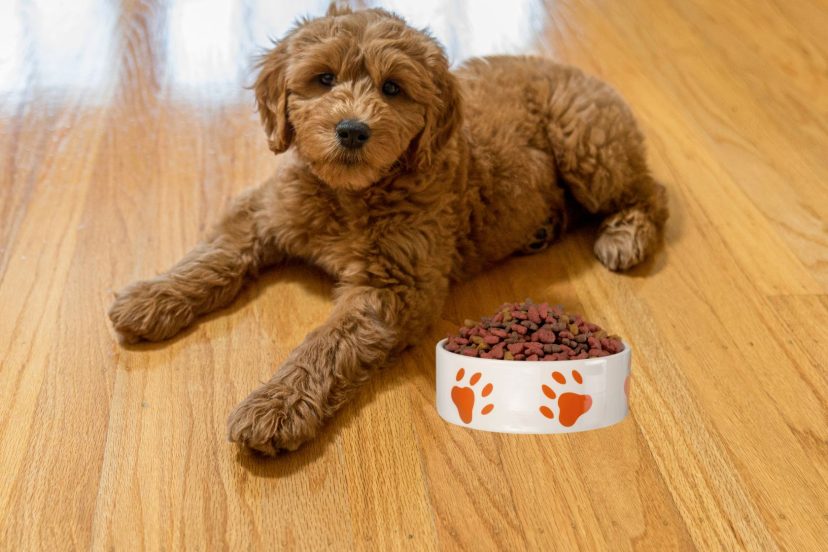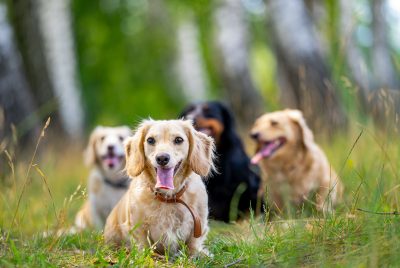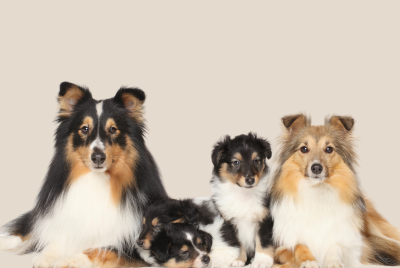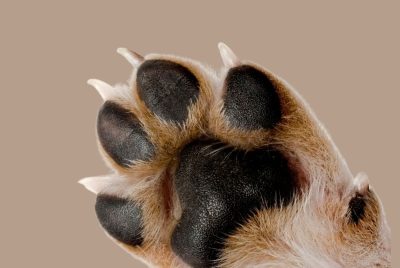What Do Goldendoodles Eat? A Guide to Feeding Your Doodle Dog
The Goldendoodle is an increasingly popular mixed breed dog created by crossing Golden Retrievers with Poodles. Goldendoodles make wonderful family pets with their intelligence, friendliness and loyalty. However, like any dog, they have specific nutritional needs. So, what should Goldendoodle owners feed their furry friends? Let’s take a comprehensive look at what do goldendoodles eat, their dietary requirements, and feeding recommendations.
Understanding the Unique Nutritional Needs of Goldendoodles
As medium to large breed dogs, Goldendoodles have some specialized nutritional needs to support their health and wellbeing. It’s important to understand what nutrients Goldendoodles require in order to select the best food and properly care for them.
Protein is Essential
Protein should make up around 20-25% of an adult Goldendoodle’s diet. Puppies require up to 30%. Protein provides amino acids that help build and maintain muscles, organs, immune function and more. Look for quality animal-based proteins like chicken, lamb, fish or lean beef as the first ingredients in dog food.
Plant-based proteins like corn, wheat or soy are difficult for dogs to digest fully. High protein also helps fuel the Goldendoodle’s energetic nature. Without adequate protein, they may suffer loss of muscle mass, low energy, poor growth and weakened immunity.
Healthy Fats Provide Energy
The Goldendoodle’s diet should consist of around 12-18% fat, especially for active dogs. Higher intensity exercise requires more fat. Chicken fat, fish oil and plant-based fats like sunflower oil provide concentrated energy. Essential fatty acids also contribute to skin health and give Goldendoodles their lush, low-shedding coats. Excess or deficient fat can cause issues, so aim for a moderate amount from animal sources when possible.
Carbohydrates Fuel Their Bodies
Carbs give Goldendoodles sustained energy for an active lifestyle. Look for whole grain, complex carbs like brown rice, barley, oats and quinoa rather than simple fillers like corn, wheat or white rice. Fiber from fruits, vegetables and legumes also aids digestion and gut health. Just be sure to avoid excess carbs, as Goldendoodles can be prone to obesity which strains their joints.
Calcium for Growing Bones
As medium to large breed dogs, Goldendoodles require sufficient calcium for proper bone development and density, especially while growing. Along with phosphorus, calcium supports skeletal structure and strength to avoid issues like hip dysplasia. However, improper ratios of these minerals can also impact growth. Carefully follow feeding guidelines on puppy foods.
A Blend of Vitamins & Minerals
Rounding out the diet, Goldendoodles need a balance of essential vitamins like A, B, C, D and E plus minerals including iron, copper, zinc, iodine and more. These support enzyme functions, hormone balance, oxygen transport and many other critical roles. A nutritionally complete dog food designed for Goldendoodles will have the right blend. Avoid any deficiencies or toxicities.
Limited By-Products, Fillers & Artificial Additives
When selecting a dog food, avoid cheap by-products, low-quality grains like corn, excess fillers and artificial additives which provide little nutritional value. Instead choose whole, natural ingredients and minimal processing whenever possible for optimal nutrient absorption.
By understanding their unique nutritional requirements and choosing a high quality diet, you can keep your Goldendoodle healthy and energized. Consult your vet if you have any concerns.
Key Factors in Selecting the Best Dog Food for Your Goldendoodle
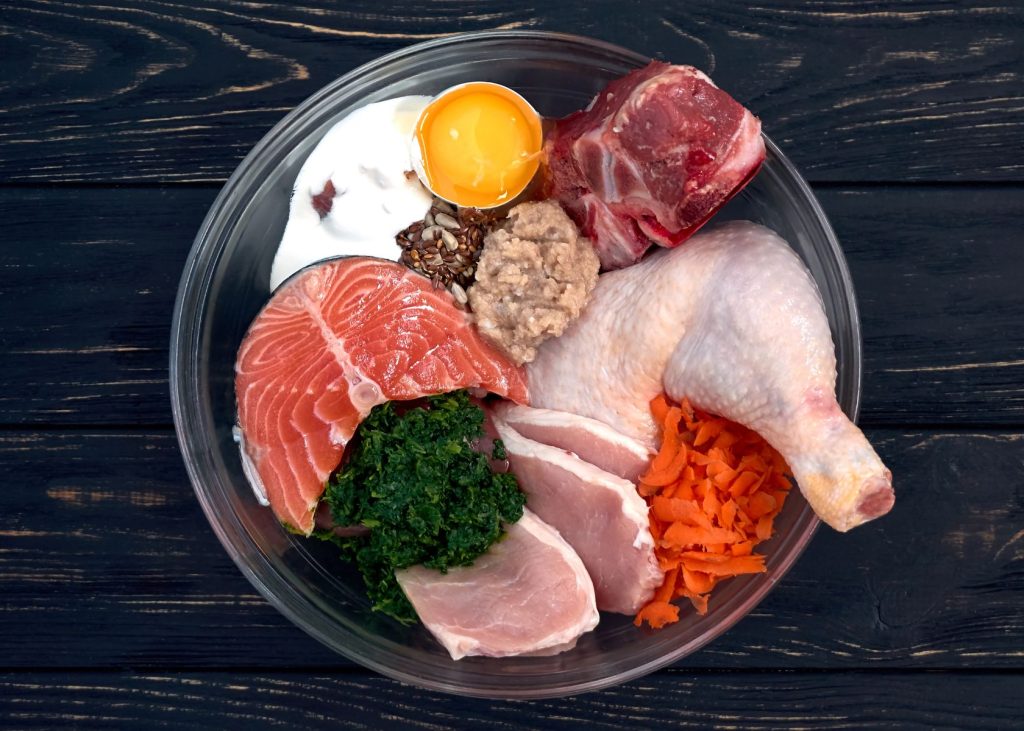
With endless brands and formulas of dog food available, from kibble to canned to fresh, how do you pick the right one for your Goldendoodle? Here are some important things to look for:
Quality Protein is #1
As an active, high-energy breed, protein should be the top consideration when selecting food. Meat-based proteins like chicken, fish, beef and lamb provide maximum bioavailability and amino acid balance. Look for specific Goldendoodle formulas with at least 25-30% protein. Lower protein diets can cause energy loss and muscle wasting in athletic dogs.
Some top proteins to look for include:
- Chicken meal
- Salmon meal
- Turkey meal
- Lamb meal
- Lean beef
Whole meats contain lots of moisture. Meals have higher protein concentration while still providing meat flavor.
Digestible Whole Grain Carbs
Carbs offer a sustained energy source for lively Goldendoodles, so they should make up around 50% of the diet. Look for easily digestible whole grains like brown rice, barley, oatmeal and sweet potatoes rather than fillers like corn or wheat. Some foods also include nutritious legumes like peas or lentils and vegetables for extra fiber. Just ensure your dog tolerates grains well.
Omega Fatty Acids
The Goldendoodle’s signature low-shedding coat requires adequate omega-3 and omega-6 fatty acids for skin and coat health. These healthy fats also supply energy. Look for fish oil, flaxseed oil or other added fats like sunflower oil. Chicken fat and salmon provide omega-3s. Too little fat can cause dry skin and coat, while excess weight gain can result from too much.
Proper Vitamin & Mineral Content
To round out complete nutrition, a quality Goldendoodle dog food will contain ample vitamins A, C, D, E, K and a spectrum of minerals like calcium, phosphorus, zinc, iron and magnesium. Levels tailored to support bone health are especially important for growing puppies. This balance of micronutrients supports immunity, metabolism, energy, and more.
Limited Fillers & Artificial Additives
Avoid filler ingredients like corn, wheat, soy or by-products which can cause allergies or offer little nutritional value. Also avoid artificial colors, flavors and preservatives like BHA, BHT, ethoxyquin or propyl gallate. Seek out natural, high quality whole food ingredients whenever possible.
Reading labels carefully and analyzing nutritional analysis can help narrow your selections to find the right food for your Goldendoodle based on their age, activity level and any special needs. Consult your veterinarian for personalized recommendations.
Beneficial Human Foods Goldendoodles Can Eat
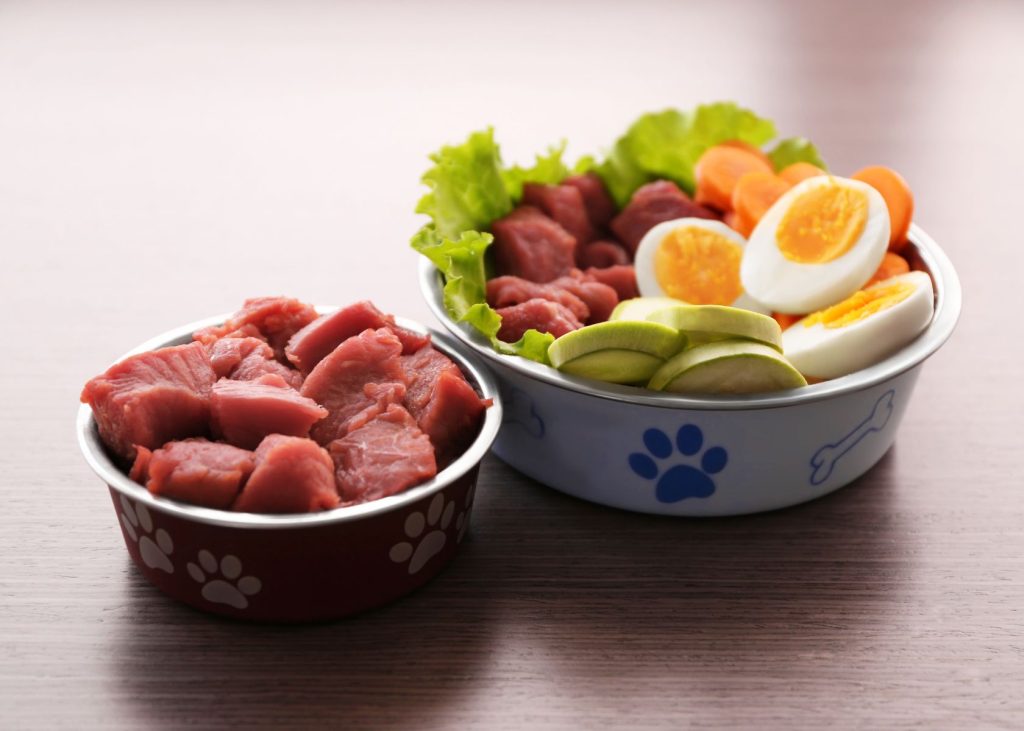
While complete dog food should make up the bulk of any Goldendoodle’s diet, there are some nutritious human foods they can enjoy in moderation as part of a balanced diet:
Lean Meats: Unseasoned chicken, turkey, beef or pork provide extra protein for muscles. Choose boneless cuts and cook thoroughly.
Oily Fish: Salmon and sardines offer omega-3 fatty acids for coat health.
Eggs: Scrambled or hard-boiled eggs make a great treat with added protein.
Plain Yogurt: Yogurt with live active cultures helps support digestive health with probiotics. Stick to unsweetened plain varieties.
Fruits: Slices of apple, banana, melon and berries provide antioxidants and fiber. Avoid grapes, raisins, citrus and pits.
Vegetables: Cooked sweet potatoes, peas, carrots, green beans and broccoli supply key vitamins.
Oatmeal: Whole oats provide B vitamins, iron and fiber. Cook thoroughly and avoid added sugar.
Peanut Butter: Look for all-natural peanut butter in moderation. Skip any with added salt or sweeteners.
Always introduce new foods gradually to watch for signs of allergies or intolerance. It’s best to avoid highly processed items, salt, spices and sugary foods. Check with your vet before feeding any people food to your doodle dog.
Answers to Common Goldendoodle Feeding Questions
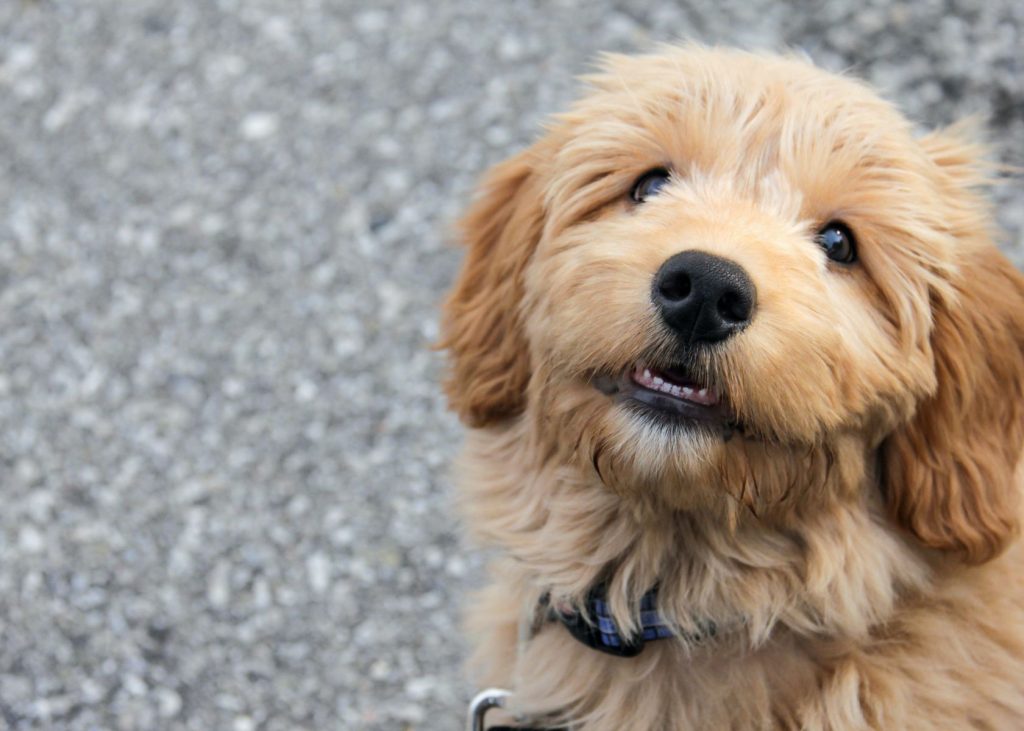
For new and prospective Goldendoodle owners, deciding what to feed your dog can be challenging. Here are answers to some frequently asked questions:
How much food should I give a Goldendoodle puppy vs an adult?
Goldendoodle puppies need more calories and nutrients to fuel growth and development. Follow your puppy food’s feeding chart/guidelines for the projected adult weight to avoid over or underfeeding. Adults can be fed standard Goldendoodle/medium-large breed adult dog formulas.
How many times per day should Goldendoodles be fed?
Most Goldendoodles do well with two meals per day – once in the morning and again in the evening. Puppies may need three or four small meals until around six months old. Adjust feedings based on age, health and activity.
What are the best dog food brands for Goldendoodles?
Some top-rated Goldendoodle dog food brands include Royal Canin, Purina Pro Plan, Hill’s Science Diet, Iams, Eukanuba, Blue Buffalo, Taste of the Wild, Wellness Core, Nutro and more. Look for AAFCO nutritional compliance.
Is it better to feed a Goldendoodle wet or dry dog food?
Both wet and dry foods can work well, as long as they provide complete balanced nutrition. Canned food has higher moisture content, while kibble helps scrape plaque from teeth. Many owners feed a combo diet for benefits of both or for added interest!
Should I make homemade dog food for my Goldendoodle?
Homemade diets can be time-consuming to prepare and tricky to formulate correctly. It’s easy to miss key nutrients. Commercial Goldendoodle dog food provides balanced nutrition. If making your own food, consult a veterinary nutritionist.
What human foods are dangerous for Goldendoodles?
Avoid grapes, raisins, onions, chives, garlic, chocolate, excess salt/sugar, macadamia nuts, yeast dough, caffeine products, bones, and high-fat foods. These can cause serious poisoning or pancreatitis. Check all people foods fed to dogs.
Do Goldendoodles have any common food allergies?
Goldendoodles can be prone to food allergies, often to ingredients like chicken, beef, dairy, corn, wheat, and soy. Symptoms may include itching, ear infections, vomiting, diarrhea, and skin issues. Try a limited ingredient or novel protein diet. See your vet.
How much exercise does a Goldendoodle need per day?
Goldendoodles have high energy! Plan on providing at least 30-60 minutes of vigorous exercise daily including running, playing, training, and walking. Puppies and seniors need less. Always provide toys and activities to stimulate their minds too.
What are signs my Goldendoodle is overweight?
Signs of excess weight include loss of waistline definition, difficulty feeling ribs, heavy panting with little exercise, reluctance to move, and trouble getting up and down. Consult your vet on ideal weight and adjust food or exercise as needed.
When should I switch my Goldendoodle from puppy to adult food?
Most Goldendoodles can be transitioned from puppy to adult formulas around 12-18 months old. Large breeds may switch closer to 2 years old. Follow your dog food’s feeding guidelines for the right age and weight range to switch foods.
No matter what type of diet you choose for your Goldendoodle, reading labels carefully, following feeding guidelines, and consulting your vet will help provide optimal nutrition. With proper care and feeding, Goldendoodles can live happy, healthy, and active lives!
Conclusion
From energetic puppies to active adult dogs, the Goldendoodle’s nutritional needs are unique and specific to support their health and quality of life. High-quality proteins, digestible carbohydrates, essential fatty acids and a blend of vitamins and minerals are required in the right ratios.
By understanding the Goldendoodle’s dietary requirements and choosing a nutritionally balanced commercial or homemade diet formulated just for them, you can keep your doodle looking their best and feeling their best for years to come.
Don’t hesitate to consult your veterinarian for personalized feeding recommendations to meet your dog’s needs. With proper nutrition and care, the Goldendoodle makes for a wonderfully fun, affectionate and healthy family companion.

